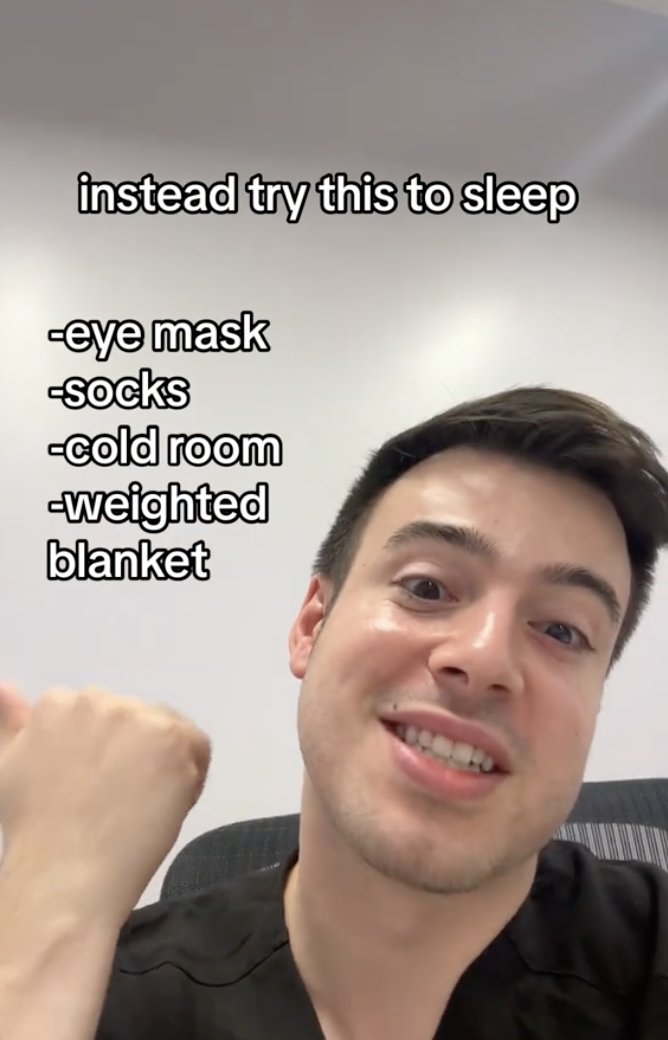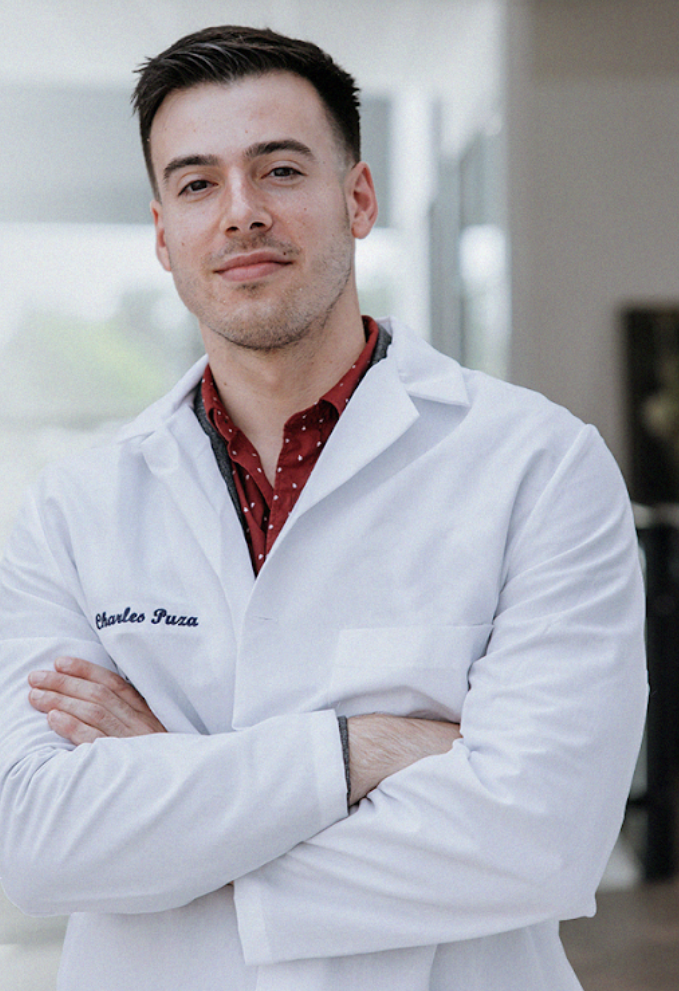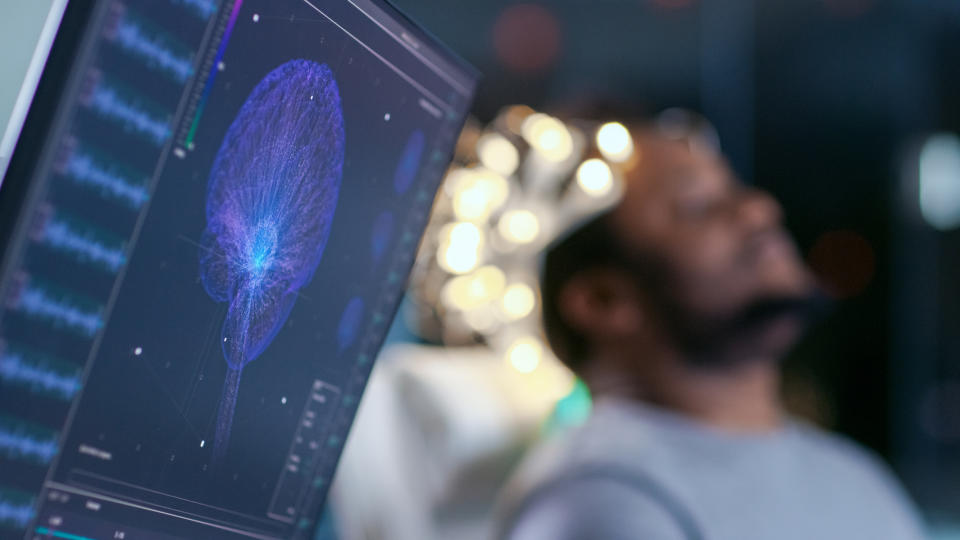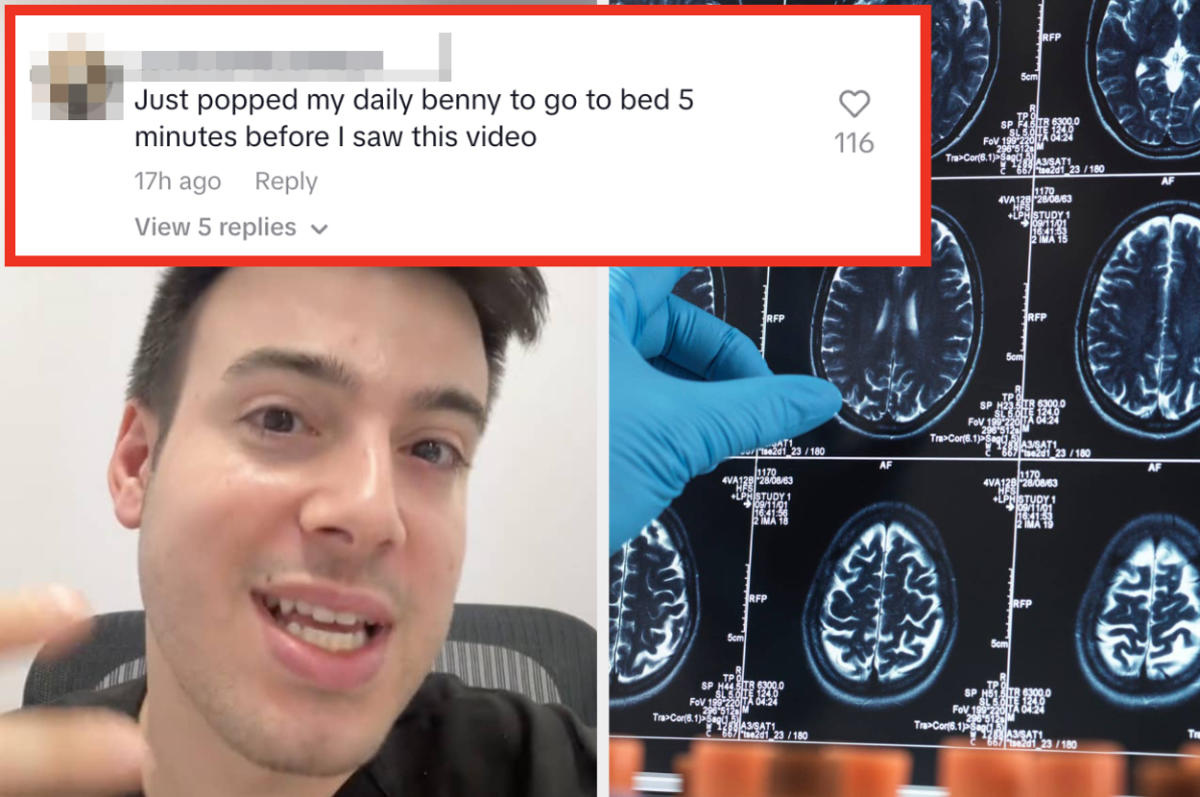Dr. Charles Puza, a New York-based physician, has recently shocked over a million people on TikTok by revealing the continuous use of anticholinergic medications — such as Benadryl, Tylenol PM, or Advil PM — can be linked to dementia:
He stitches his video with a woman who says she uses it as a sleep aid every night because one of the main side effects people experience with the use of diphenhydramine — which is the main ingredient used in Benadryl — is drowsiness.
In the video, Dr. Charles summarizes a study* that found that taking an anticholinergic drug long-term was associated with higher dementia risk.

*The study, conducted in 2015, worked with participants aged 65 and older and measured cumulative exposure to anticholinergic drugs over 10 years. The study concluded that taking an anticholinergic for the equivalent of three years or more was associated with a 54% higher dementia risk than taking the same dose for three months or less.
Tek Image / Getty Images/Science Photo Library RF
And he concludes that it’s a cumulative risk. So, the more diphenhydramine you take to sleep over months and years, could mean you have a higher cumulative risk of developing dementia, according to this study.

BuzzFeed spoke to Dr. Charles who has been practicing for over five years to learn more.

Dr. Charles explained that diphenhydramine is an antihistamine commonly used for allergic reactions. “One of the major side effects of antihistamines (like Benadryl) is drowsiness. This side effect is now being utilized as a sleep aid. In the short time, antihistamines are safe and well-tolerated. They are used commonly in dermatology, allergy clinics, and internal medicine,” he shared.

In his practice, Dr. Charles said he has been shocked to learn just how many of his patients are regularly taking diphenhydramine to sleep. “Taking these as sleep aids short-term appears to be safe. However, when taken every night for sleep, we’re seeing associations with dementia*,” he said.

And Dr. Charles isn’t sure what specific ingredient may be linked to dementia. “Popular sleep aids (like ZzzQuil and Tylenol PM) are often just diphenhydramine or Tylenol + diphenhydramine. Furthermore, if diphenhydramine isn’t the main ingredient, we do know that it is usually a closely related medicine (likely with the same risk profile).”

The risks of developing dementia, according to Dr. Charles, appear to be cumulative — meaning the more diphenhydramine you take, the higher you’re at risk. “As for why this OTC medicine is associated with dementia, we may never find out. I hypothesize that the lack of rest (brain downtime) has something to do with dementia,” he shared.

So, why aren’t these risks being disclosed more openly? Dr. Charles speculates it has to do with pharmaceutical marketing, lack of long-term data, and the stresses of everyday life.

“Patients may not even realize they are taking a Benadryl equivalent. (For example: ZzzQuil = diphenhydramine = Benadryl). It is marketed as a safe sleep aid. Obviously, there is money to be made behind these products. Long-term data and the rigorous studies needed to find these correlations are also hard to conduct. Lastly, modern life is stressful. It is easy to imagine something that is supposed to be an occasional sleep aid turning into a daily ritual.”
Michal-rojek / Getty Images
Dr. Charles isn’t sharing this information to start fear-mongering — he simply wants people to educate themselves about the risks involved when relying on certain medications that are not meant to be taken long-term. “And I would caution against any long-term sleep aid,” he added.
Lastly, Dr. Charles said that — even though it takes time and dedication — a consistent routine is the safest sleep aid. “I like to recommend a winding down routine to my patients. No screen time, no caffeine, no alcohol.”

If you want to follow Dr. Charles for more helpful advice, you can do so on Instgram, TikTok, or visit his website.



